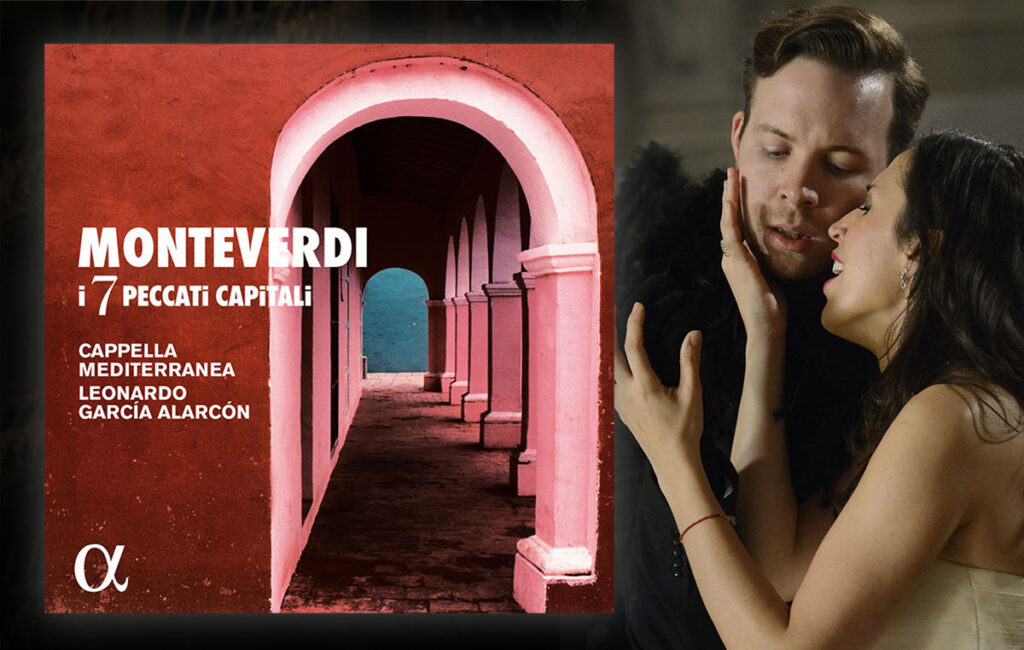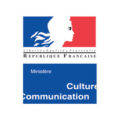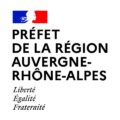


“Five singers gather around a small organ in tense competition, their breaths held as their voices descend in extraordinarily rugged chromaticisms. The gesture of the conductor behind his instrument slows down time, stretches notes and weaves invisible threads between the voices.”
24 heures – reportage on the work’s creation
In celebration of Monteverdi’s 450th birthday, Cappella Mediterranea would like to pay tribute to the composer with a programme that draws upon sin and virtue, the universal theme that runs through his operas, madrigals and the Selva morale. L’incoronazione di Poppea is perhaps the most amoral opera in the history of music. Monteverdi used it to illustrate vice and the emotions linked to it, but also proposed a virtuous counterpart with the madrigals of the Selva morale. This was the idea gave birth to our project. I was inspired by how the subplots in opera often illuminate the main plot, without any link to the action or characters. Here, each tableau benefits from the light of the one that precedes it and conditions the one that comes after it, without any other narrative link. This programme is not simply an allegory. It provides theatrical and madrigalesque catharsis, in the Ancient Greek sense of ‘purification’.
It takes us back to the origins of theatre. In 1607, Monteverdi laid the foundations of modern opera with Orfeo, with the accompanied monody invented by the Camerata Fiorentina and Caccini, the recitativo accompagnato, the chromatic madrigals, the choruses that discuss the plot, the court and tavern dances, and the representation of abandonment and death through the lamento. It is tempting to say that he left nothing more to be invented in Italian opera. He had a very strong vision of his place in the history of musical language. He associated musical intervals with text and human emotion in a very precise and original manner. My research into these intervals led me to explore his compositions more deeply. It also prompted me to compose Mercury’s aria from Il ritorno d’Ulisse in patria to illustrate temperance, as the text has survived, but not the score.
Monteverdi composed for the court, the church, the theatre and academic circles. He even alludes to the popular dances and songs of his time. Nothing was excluded from his musical universe and the centrifugal force of his ideas. He transformed all the music around him to create the most perfect “garden of sound” that humanity has ever known. The singers and instrumentalists I have brought together for this project are well-acquainted with opera, the madrigal, and the practice of sacred music. They know how important it is to adapt their performance to the objective of a work, hence such a display of virtuosity and gestural force in the alternating representations of sin and virtue.
With Cappella Mediterranea, we have tried to seize upon the mystery of Monteverdi’s art – this dialectic of human emotion that he has transformed into sound – and pay tribute to him through the insurgence of our own emotions, which he continues to transform up till today.
Leonardo García Alarcón




